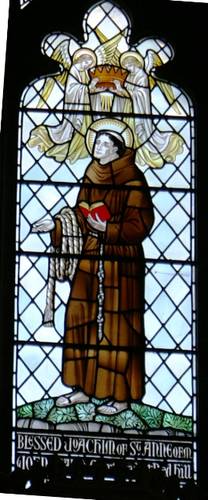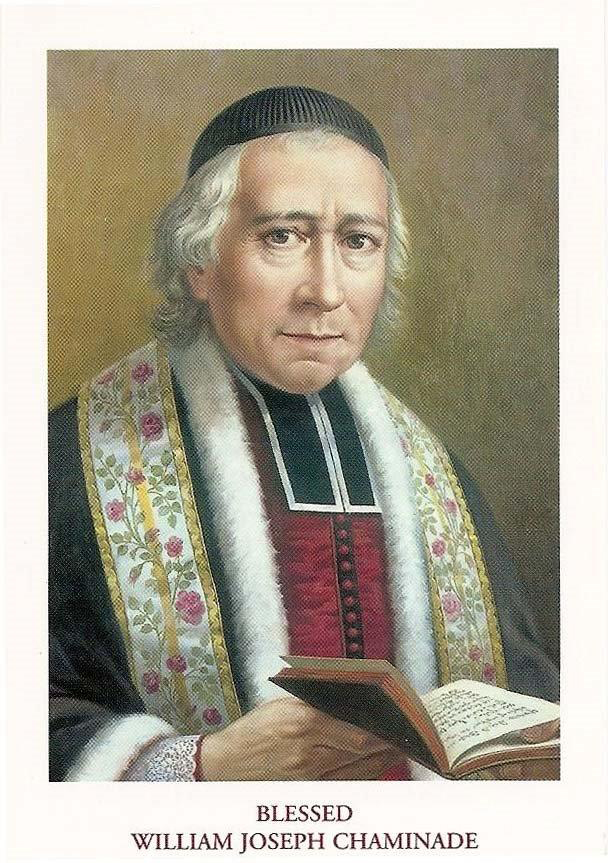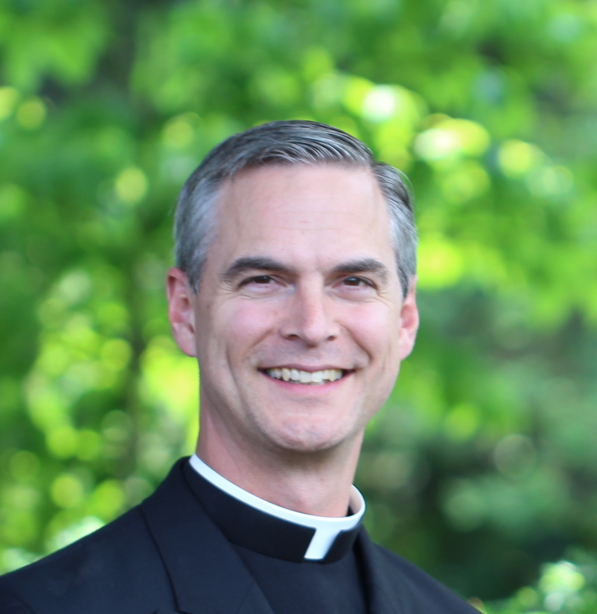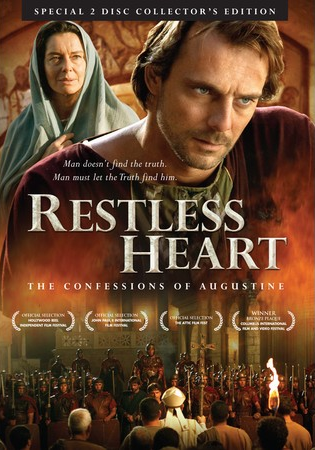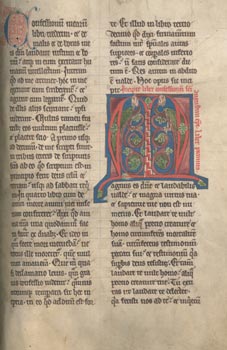
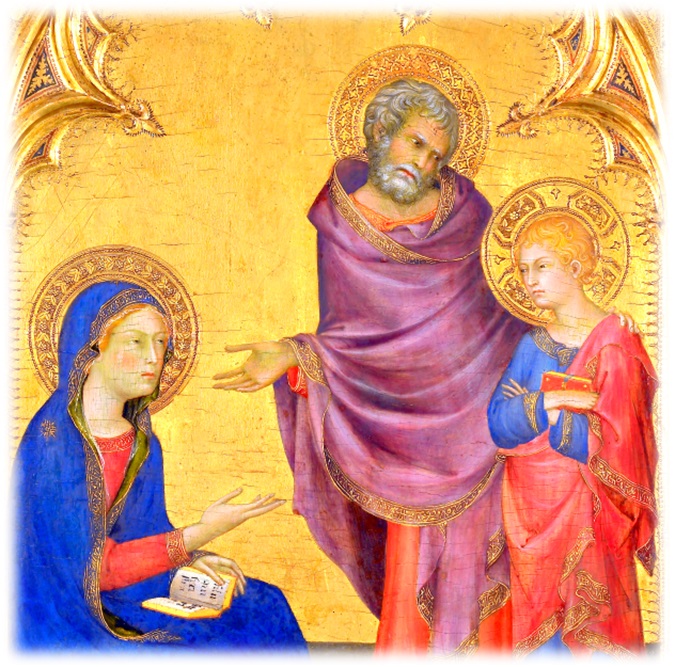
-“Christ Discovered in the Temple”, Simone Martini, 1342, my MOSTEST FAVORITEST depiction of the Holy Family! So realistic!! Ain’t NOBODY HAPPY HERE!!! 🙂

-by Rev. Benjamin Earl, OP
“Children and teenagers – among others – have a very keen sense of justice. Or, perhaps more precisely, they have a very keen sense of injustice; they can be quick to lament “it’s not fair” should they perceive a wrong. I dare say that phrase has been heard more than a few times over the last few days.
“Life’s not fair” is the typical reply. Family life is not fair. Was it fair that Christ, whose coming as a child we celebrate with joy in these days, should suffer and die for our sins? Was it fair that Mary, his sinless mother, should have her heart pierced with a sword in sorrow for her son? Was it fair that Joseph should be forced to take his young family to Egypt so as to escape the murderous Herod? Of course it wasn’t fair.
Family life today isn’t fair. Many parents must struggle with the death, sickness or disability of a child. That’s not fair. Many parents must struggle with a troubled teenager… and many teenagers and even younger children must struggle with troubled parents, with little experience and often no help. That’s not fair. Many families get separated and torn apart through no fault of their own. That’s not fair.
When I say “it’s not fair” I mean that these situations aren’t just or equitable. Families and individuals suffer undeservedly – sometimes through somebody else’s sins, sometimes just because of unfortunate circumstances.
One of the quirks of the English language is that the word “fair” can have other meanings besides “just” and “equitable”; it also means “beautiful”. Can situations which are manifestly unjust or inequitable nonetheless be described as “beautiful”? Obviously there is nothing beautiful about suffering or injustice itself. These things disfigure the justice desired by the Creator. But there certainly can be something beautiful, something “fair”, when somebody acts with great love in the face of suffering and injustice. In this, the Holy Family of Jesus, Mary and Joseph has many lessons to teach us.
It was not fair that the Holy Family be separated returning from Jerusalem; but it is beautiful to read how Mary and Joseph searched for Jesus. Once the child has been found in the temple, it is beautiful and fair to hear not harsh or angry words from Mary, but loving words seeking deeper understanding of her divine son.
The events of Christ’s infancy and the foreboding of his terrible passion are not fair; but are stored up in the fair pondering of Mary’s heart.
Joseph is described by the scriptures as a “just man”[1]; he is a man who shows fair, just and beautiful care and responsibility both on learning that his betrothed is with child, and then in the face of being forced to flee with his wife and the child Jesus from the dangers that face them.
The scriptures tell us nothing of Joseph after the incident in today’s gospel. Ancient Christian tradition tells us he was already old when he received Mary into his house,[2] and therefore it is probable he died sometime before the beginning of Christ’s public ministry. Presuming that he died peacefully in the presence of both Jesus and Mary, the Church calls Joseph the patron of a happy death: an exemplar of how the tragedy of dying can become something beautiful, something fair, if in accepting it we allow Christ to embrace us in the communion of the saints.
The Church holds up the saints as examples for us to emulate. But when it comes to the Holy Family we need to be careful. We are not called to emulate the Holy Family in every respect: that wouldn’t be fair. We are not to seek the injustice they suffered; and nor do we have it within our power to save the world. But when we are faced with suffering in the world of today, and in our own families, we should certainly seek the intercession of Mary and Joseph and the consolation of our Lord Jesus Christ. Emulating them we must strive for justice and a beautiful love for all who suffer. It may not be fair, but it is fair.” Amen.
[1]Matthew 1:19
[2]Protoevangelium of James, 9
Love, please pray for families!
Matthew




